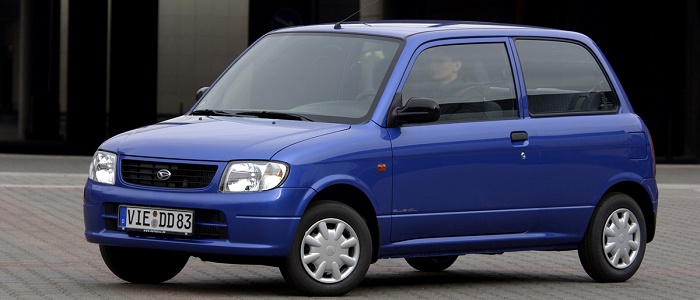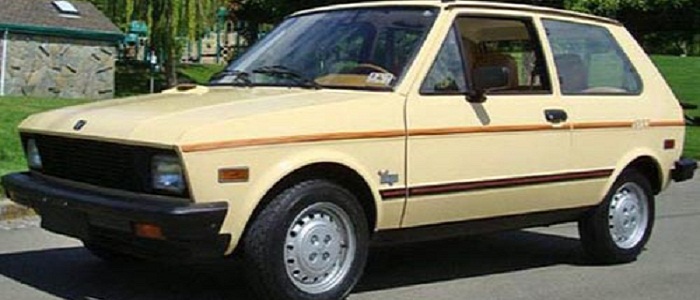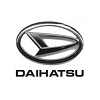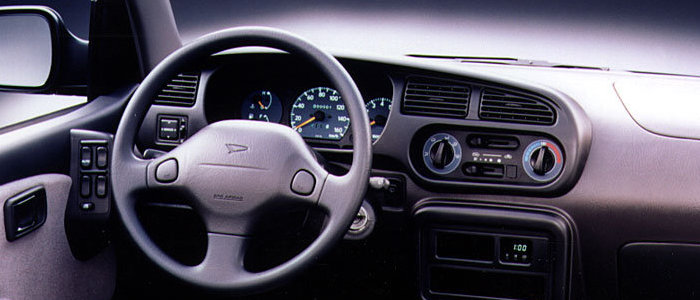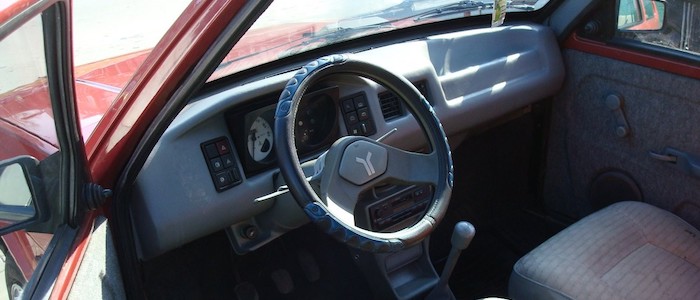Compare two cars
Compare any two cars and get our Virtual Adviser™ opinion
Dimensons & Outlines
Check vehicle history
Engine
Performance (manual gearbox)
Performance (automatic gearbox)
Expenses
Virtual Adviser's™ opinion
Well, these are two pretty similar cars we have here! It's only details that could potentially make the difference. Considering they both belong to the city car segment and utilize the same 3-door hatchback body style and the front wheel drive system, it all comes up to the specific petrol engine choice they offer. The first one has a Daihatsu-engineered powertrain under the hood, a 3-cylinder, 12-valves 58hp unit, while the other one gets its power and torque from a 4-cylinder, 8-valves 45hp engine designed by FIAT.
SafetyUnfortunatelly, neither of the two vehicles was submitted to the European New Car Assessment Programme (Euro NCAP) testing. This makes it virtually impossible for me to pick one over the other and I'm generally against buying such cars as the safety should really always come first. That aside, let's consider some other aspects which affect safety. Both vehicles belong to the city car segment, which is generally not a very good thing safety-wise, still it doesn't help us solve our dilemma, does it? On the other hand, taking kerb weight as an important factor into account, the Serbian car offers a marginal difference of 8% more metal.
ReliabilityManufacturers have been building their reliability reputation for decades now and, generally speaking, it appears that Daihatsu as a brand displays somewhat better results, when all the models are taken into account. These are the results of an independent reasearch, while our visitors describe reliability of Daihatsu with an average rating of 4.2, and models under the Zastava badge with 3.5 out of 5. The same official information place Cuore as average reliability-wise, and Yugo Tempo is more or less at the same level.That apart, owners of different cars powered by the same engine as the Japanese car rank it on average as 4.5, while the one under the competitor's bonnet gets 3.0 out of 5.
Performance & Fuel economyDaihatsu is way more agile, reaching 100km/h in 7.3 seconds less than its competitor. In addition to that it accelerates all the way to 140 kilometers per hour, 5km/h more than the other car. When it comes to fuel economy an obvious choice would be the Japanese car, averaging around 5.1 liters of fuel per 100 kilometers (55 mpg), in combined cycle. That's 45% difference compared to the Serbian car!
Verdict
Daihatsu is apparently more reliable, not too much, but just enough. The most important thing when deciding between any two vehicles should always be safety, both passive and active. In my opinion, everything taken into account, the Serbian car offers slightly better overall protection and takes the lead. From there things take a different direction, with Daihatsu outracing its opponent in any situation possible, making it better choice for boy racers. To make things even better, it consumps less fuel! All together, there's not much more to say, in this case I wouldn't even consider anything but Daihatsu. Nevertheless, let's not forget that people have different preferences and needs, so what really counts is your personal feel. I'm only here to help. In case you have two minutes to spare I invite you to define your needs, desires and budget and see which car would be chosen by the virtual adviser™, among thousands of similar, yet so different vehicles.























